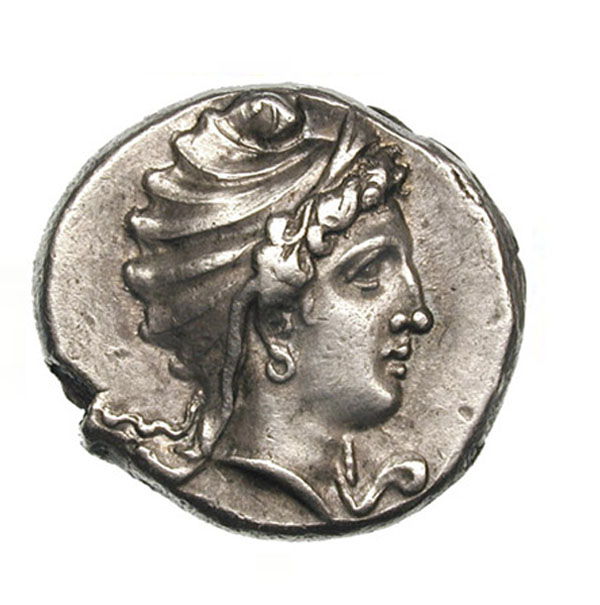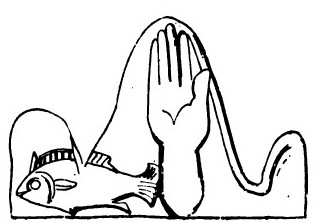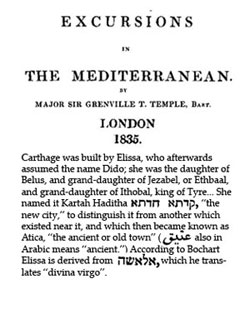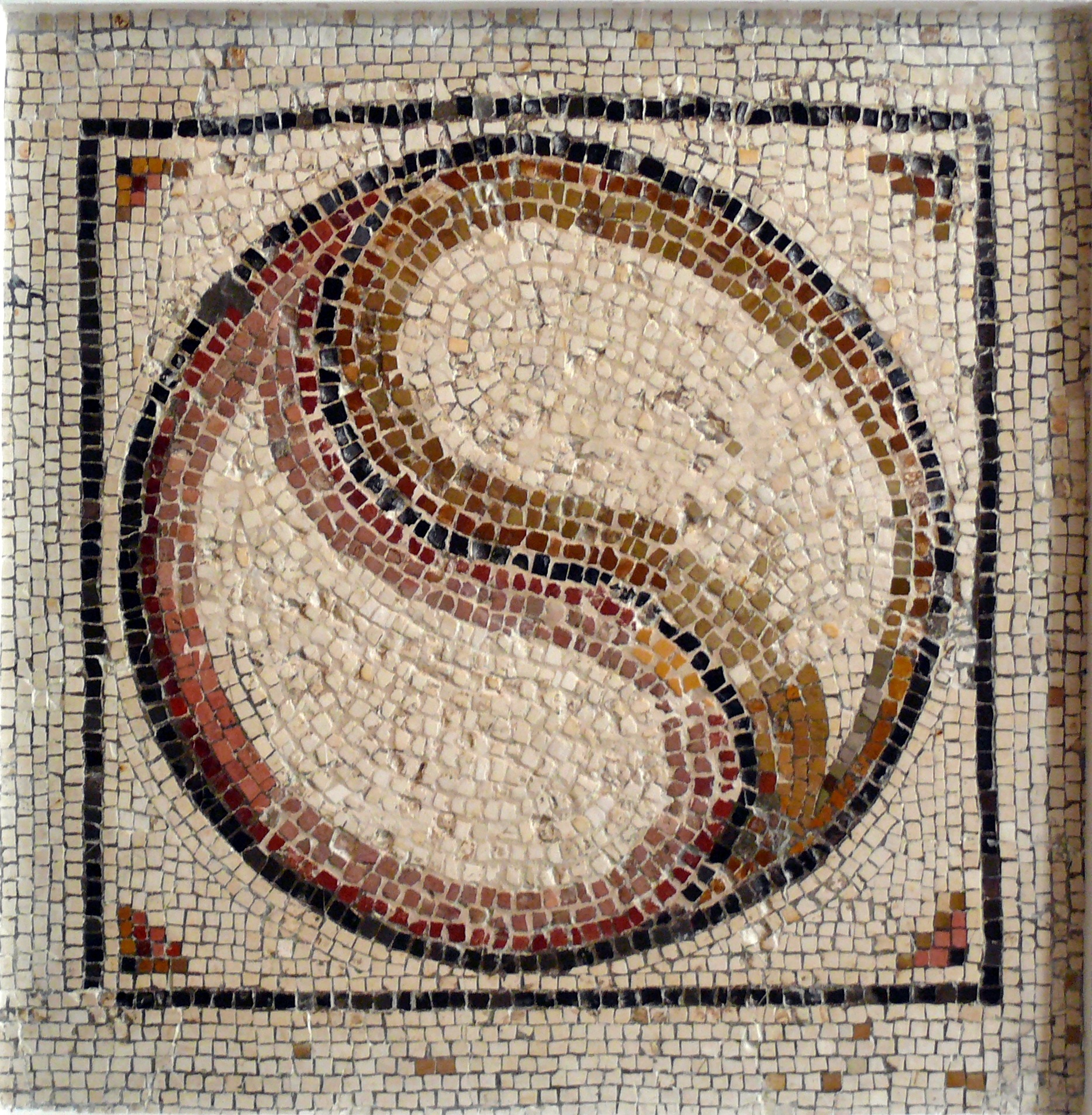



The map captures Tunis and its
surrounding during a major 1535 battle pitching Charles V and his Hafsid allies
against the Turks led by Admiral Barbarossa.
The exploits of Emperor Charles Quint, including first hand accounts
of the siege of Tunis and the battle of Rades, can be found in the works of
Luis del Marmol Carvajal, a soldier and historian from
the time. Jan Cornelisz Vermeyen, a Flemish painter, immortalized them
in several of his
paintings. The gate in this painting is Bab Bhar (Porte de France/Gate of the Sea). Compare with
the map by Ottoman admiral and cartographer Piri Reis from the same era. (Histoire des derniers rois de Tunis, d’après Marmol et
Vermeyen, Éditions cartaginoiseries, 2007; a full English
translation of Marmol in "The works of American historian William H. Prescott"
[1796-1859] in the edition of c1904).
|







